Nutrition & Meal Planning for Seniors Receiving Home Care in Philadelphia
Good nutrition is essential for seniors to stay strong, maintain energy, and support overall well-being. For those receiving home care, a balanced diet can mean the difference between thriving and simply getting by.
Still, many caregivers find meal planning overwhelming, especially when juggling medications, mobility challenges, and busy schedules. The good news is that with thoughtful planning and a few local resources, caregivers in Philadelphia can make healthy eating easier and more enjoyable for everyone.

Why Nutrition Matters for Seniors in Home Care
As we age, appetite and metabolism change. Chronic conditions, medications, and reduced activity levels can affect how seniors process nutrients. Malnutrition is more common than people think, even among those who eat regularly. Proper nutrition supports:
- Energy and strength to perform daily tasks safely
- Faster healing after illness or surgery
- Sharper cognition and better mood
- Stronger immunity and resistance to infection
For caregivers, meal planning provides structure and peace of mind. It reduces stress around daily food decisions and helps ensure that seniors are getting what they need to stay healthy.
Step-by-Step Meal Planning Tips for Caregivers
Every family’s situation is unique, but these proven steps can make meal preparation smoother for caregivers and loved ones alike.
1. Start With Communication
Ask your loved one about their favorite meals, family recipes, and comfort foods. Food is personal, and seniors are more likely to eat when they feel heard and involved. If your loved one follows cultural or religious food traditions, incorporate those dishes when possible. It’s not just about nutrition—it’s about connection.
2. Create a Simple Weekly Plan
Structure helps both the caregiver and the senior. Write out a weekly meal calendar on paper or use a magnetic board on the fridge. Plan three meals and one or two snacks each day. For example:
- Breakfast: Oatmeal with fruit, eggs and toast, yogurt parfait
- Lunch: Vegetable soup, turkey sandwich, mixed greens salad
- Dinner: Baked salmon, brown rice, steamed broccoli
- Snack: Cheese cubes, fruit cups, peanut butter crackers
Repetition is fine. Consistency helps with grocery shopping and reduces waste.
3. Shop Smart in Philadelphia
Grocery shopping doesn’t have to be time-consuming. Choose stores with delivery or curbside pickup, such as ShopRite From Home, Acme Markets, or Instacart. Many caregivers in Philadelphia use:
PA ACCESS cards to stretch grocery budgets- Philly Food Bucks, which double the value of SNAP benefits at local farmers’ markets
- Weavers Way Co-op or Reading Terminal Market for local produce
Keep a pantry stocked with canned beans, whole grains, frozen vegetables, and shelf-stable proteins like tuna or lentils for easy meals.
4. Cook in Batches
Prepare meals in larger portions and freeze individual servings. Label each container with the dish name and date. Soups, casseroles, and stews freeze especially well and make quick, balanced dinners. This saves time and ensures healthy options are always available on busy days.
5. Make Nutrition Simple and Flavorful
Healthy meals don’t need to be complicated. Aim for:
- Colorful plates: Include at least three colors from fruits and vegetables
- Balanced nutrients: Combine lean proteins, whole grains, and healthy fats
- Lower sodium options: Use herbs, spices, lemon, or vinegar for flavor instead of salt
- Hydration: Encourage water, herbal teas, or flavored seltzers instead of sugary drinks
If chewing or swallowing is difficult, try softer foods such as mashed sweet potatoes, scrambled eggs, or smoothies.
6. Support Special Dietary Needs
Seniors often have conditions that affect diet, such as diabetes, heart disease, or high blood pressure. When preparing meals:
- Use unsalted or low-sodium ingredients
- Choose whole grains instead of white bread or pasta
- Swap fried foods for baked or steamed versions
- Limit added sugars and processed snacks
When in doubt, ask the healthcare provider or a registered dietitian for personalized guidance. The
Philadelphia Department of Public Health offers nutrition programs and education resources for seniors and caregivers.
7. Keep Mealtimes Social and Enjoyable
Eating together builds companionship and encourages better eating habits. Set the table nicely, add music, or share stories during meals. Even short conversations can improve appetite and lift spirits.
Philadelphia Resources for Senior Nutrition
Philadelphia offers a range of programs designed to help older adults and caregivers access nutritious food affordably and conveniently.
Philadelphia Corporation for Aging (PCA)
PCA runs home-delivered meal programs, group meals at senior centers, and nutrition workshops. They also help connect caregivers to dietitians and community resources.
Meals on Wheels Philadelphia
For seniors who cannot cook or shop, Meals on Wheels Philadelphia delivers healthy, ready-to-eat meals directly to their homes. Meals are tailored to seniors’ dietary needs and prepared with care by local volunteers.
SHARE Food Program
The SHARE Food Program provides affordable food boxes and produce bundles across Philadelphia. Caregivers can order online or through local partner sites, making it a great option for busy families.
Community Senior Centers
Neighborhood centers like the South Philadelphia Older Adult Center, West Oak Lane Senior Center, and Star Harbor Senior Center offer congregate meals, cooking classes, and nutrition education. These programs also provide social opportunities that support emotional health.
Local Food Pantries and Markets
Through the Senior Farmers Market Nutrition Program (SFMNP), qualifying seniors can receive vouchers for use at local farmers’ markets. Visit the City of Philadelphia Food Finder to locate nearby markets and pantries.
Encouraging Independence in the Kitchen
Helping seniors participate in meal prep can promote confidence and cognitive engagement. Encourage safe, simple activities like washing produce, mixing ingredients, or setting the table. Adaptive kitchen tools—such as non-slip mats, lightweight pans, or easy-grip utensils—make participation safer for seniors with arthritis or limited mobility.
If the senior uses home care services, ask caregivers to follow the same meal plan you’ve created. Consistency helps avoid confusion and ensures your loved one receives nutritious, familiar meals even when different caregivers assist. Learn more about
home care services in Philadelphia.
When to Seek Extra Support
If your loved one is losing weight, skipping meals, or showing little interest in food, consult a healthcare provider. These signs can indicate underlying health issues such as depression, dental pain, or medication side effects. A dietitian or speech therapist can recommend modifications to improve nutrition and safety.
Home care agencies like
Chosen Family Home Care can provide additional help with:
- Grocery shopping and meal prep
- Assistance during mealtimes
- Cultural or language-specific meal preferences
- Companionship to make eating enjoyable
Our caregivers understand the importance of dignity and cultural sensitivity, creating care plans that support both health and happiness. Explore
caregiver support services in Philadelphia.
Care That Feels Like Family
Balanced nutrition helps seniors stay strong, independent, and connected. By combining simple meal-planning habits with Philadelphia’s community resources, caregivers can take the guesswork out of daily meals.
If you need support preparing meals or providing compassionate home care, Chosen Family Home Care is here to help. Our caregivers deliver personalized assistance across Philadelphia that feels like family.
Contact us today to learn how our team can support your loved one’s nutrition and independence at home.












